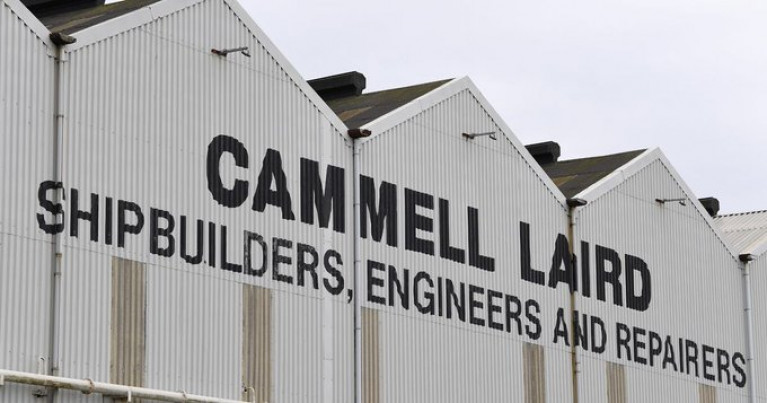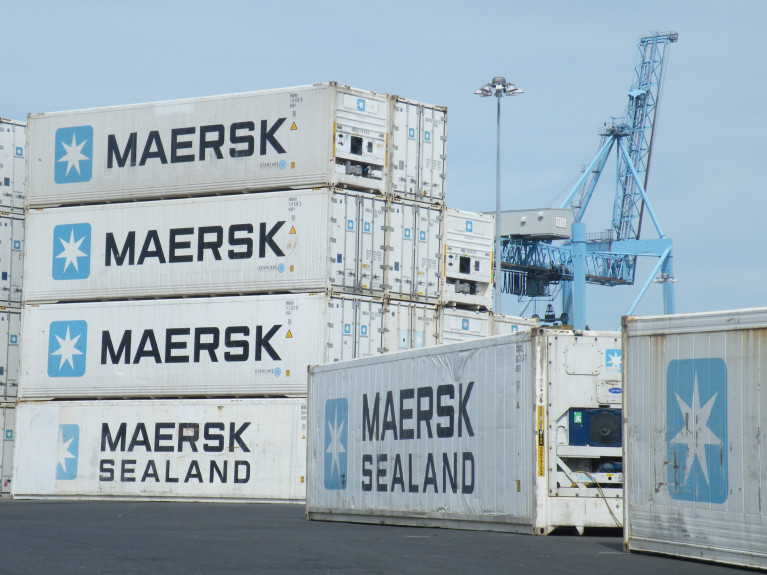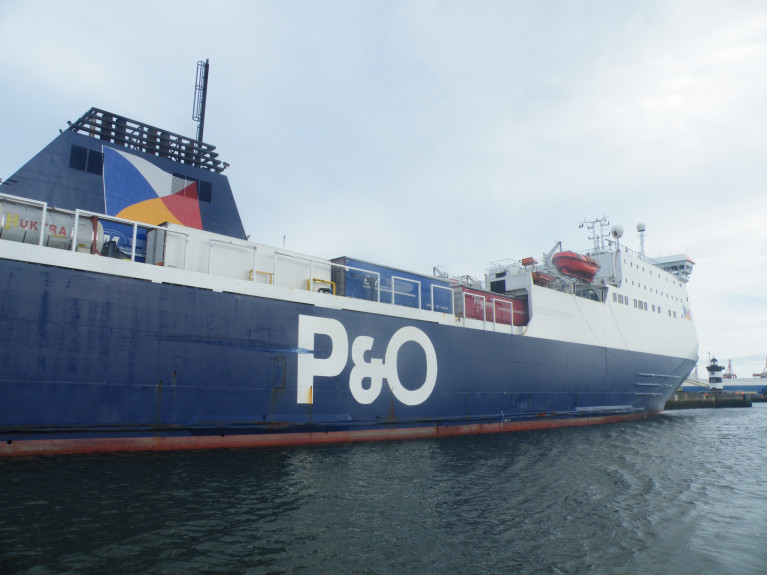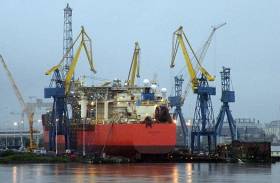Displaying items by tag: Job Losses
Job Losses Warn Port of Liverpool As Containerised Cargo Market Continues to Decline
At the Port of Liverpool restructuring of it's containers division is to take place and the port on the Irish Sea will next week start a redundancy consultation process, following a marked deterioration in container volumes handled.
According to the Merseyside port, which has also been subject to strike action in recent weeks by Unite the Union who rejected a 10.2% increase in basic pay, said the decision was “extremely regrettable but now unavoidable, given the economic backdrop.”
The unitised cargo market is experiencing a significant decline in volume due to several factors which underpin the bleak outlook on the global economy; with rising interest rates, higher energy costs and weakening consumer demand for manufactured and imported goods.
Container volumes through UK ports fell by 17% during the last financial crisis and this took several years to recover.
It is widely expected the current economic challenges may lead to a much higher fall in disposable income over the coming 12 to 24 months.
A spokesperson for Peel Ports Group, operator of the Port of Liverpool said: “We have seen an increasing decline in the movement of containerised cargo for Liverpool over the last few months, in line with industry figures which show a 4.6% drop in volume across Europe. This, together with a recent sharp fall in container vessel charter rates of around 50%, indicate a rapid decline in throughput is expected over the next few months.
“Whilst this is an extremely regrettable situation, as a responsible employer, we need to restructure now in order to minimise the potential greater impact the downturn in container business will have on jobs, further down the line.
“We are exploring a number of different options to try and protect as many jobs as possible, including redeploying staff in other areas of the business which are less exposed to the economic crisis.
“We have invested heavily in building a business which has changed the outlook and prosperity for the Liverpool City Region, creating growth and jobs across the supply chain. Our aim is to grow the business further and create more jobs, not lose them. Every effort is being made to safeguard and protect as many jobs as possible and keep redundancies to a minimum.”
UK shipbuilder and repairer, Cammell Laird has confirmed more than 140 job losses at the Birkenhead shipyard following a consultation with workers.
In a statement, as Liverpool Echo writes, the Merseyside company said 146 people had taken voluntary redundancy and the firm would now "embark on a programme of transformation".
They also confirmed their apprenticeship scheme will be developed to create 25 places a year.
A spokesperson said: "Cammell Laird is pleased to announce the conclusion of its HR1 Process, which has resulted in 146 Voluntary Redundancies.
"The business will now embark on a programme of transformation, which will lead to Cammell Laird becoming a technical economy with a multi-skilled workforce which is trained and equipped to understand future technologies.
More on this development click here.
Shipping container giant, Maersk revealed that it will make around 2,000 staff redundant due to changes to the organisation linked to the integration of Damco into its Ocean Logistics business and the removal of the separate Safmarine brand, which it announced last month.
In a trading update for its third-quarter (Q3) 2020 performance and 2020 full year guidance adjustment, in which the world’s largest container shipping group also reported better-than-anticipated volumes and freight rates in the past three months.
Maersk said it “expects to take a restructuring charge of around US$100m in Q3 2020 related to the redundancies of approximately 2,000 employees as the consequence of the changes to the organisation in Ocean and Logistics & Services announced on 1 September 2020”.
With parent group A.P. Moller-Maersk announcing its was upgrading its full-year guidance for 2020 based on preliminary Q3 figures and the current outlook for Q4, Søren Skou, CEO of A.P. Moller - Maersk said: “A.P. Moller - Maersk is on track to deliver a strong Q3 with solid earnings growth across all our businesses, in particular in Ocean and Logistics & Services. Volumes have rebounded faster than expected, our cost have remained well under control, freight rates have increased due to strong demand and we are growing earnings rapidly in Logistics & Services.
More here LloydsLoadingList reports.
Ferry Operator P&O Set to Loose 1,100 Jobs
Some 1,100 workers at P&O Ferries are to be made redundant as part of a plan to make the business “viable and sustainable”, the company said.
The proposal, reports the Irish Examiner, involves more than a quarter of the workforce losing their jobs.
A spokesman for P&O Ferries said: “Since the beginning of the crisis, P&O Ferries has been working with its stakeholders to address the impact of the loss of the passenger business.
“It is now clear that right-sizing the business is necessary to create a viable and sustainable P&O Ferries to get through Covid-19.
“Regrettably, therefore, due to the reduced number of vessels we are operating and the ongoing downturn in business, we are beginning consultation proceedings with a proposal to make around 1,100 of our colleagues redundant.”
Harland & Wolff Announces 60 Job Losses
#JobLosses - Sixty jobs are set to go at Harland & Wolff, the losses represent approximately one third of the east Belfast engineering firm's permanent workforce, reports BBC News.
Discussions are soon to get underway with unions.
The company is blaming the move on a downturn in the offshore oil and gas sector. The firm stopped shipbuilding in 2003.(Afloat, adds the last vessel built was the Anvil Point).
Its activities now include the repair and refurbishment of vessels ands oil rigs.
Unions have described the news as "the latest bad news story for manufacturing in Belfast and Northern Ireland".
They added the decision "reflects the recent decline in the company's order books". For more on this story, click here.

































































